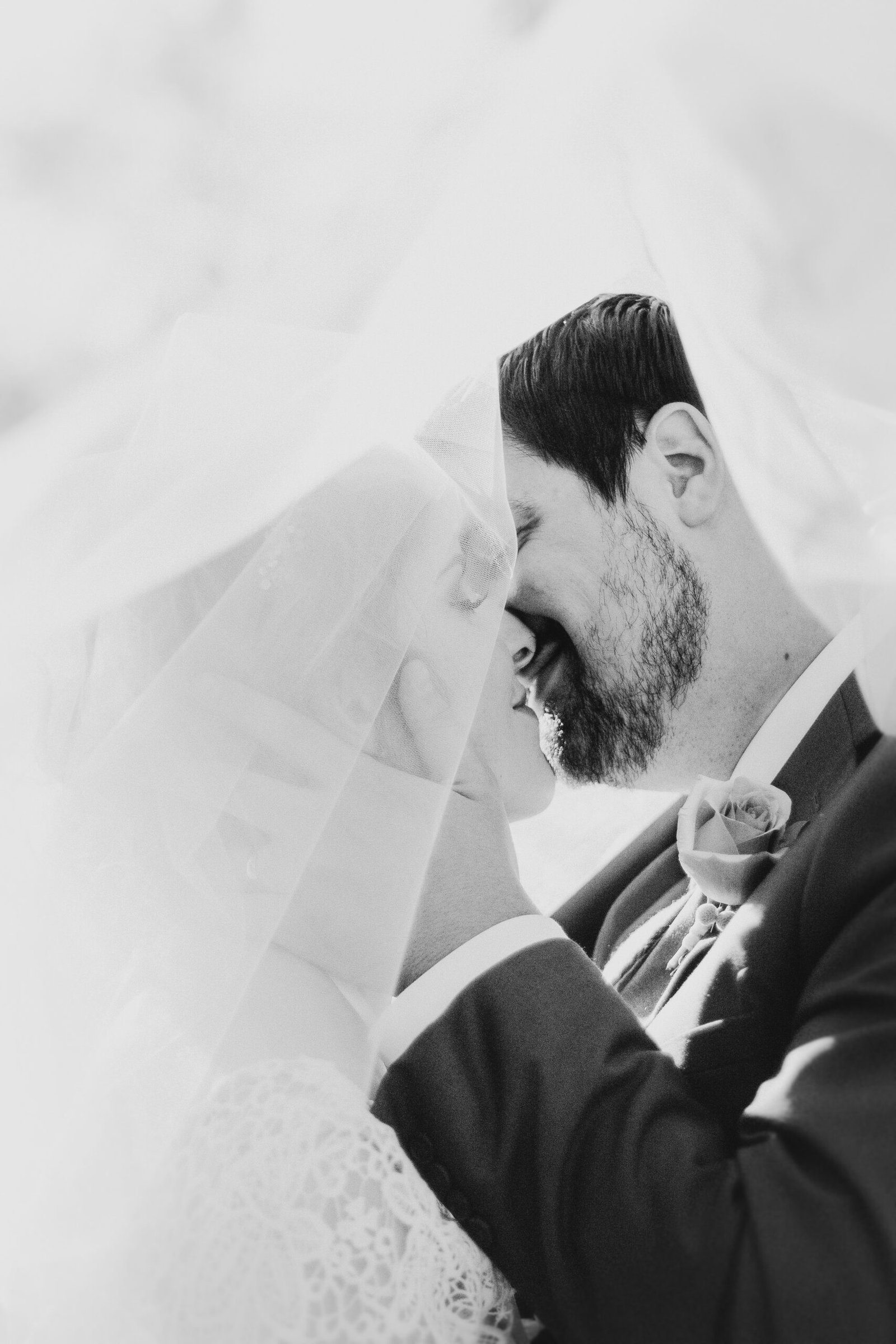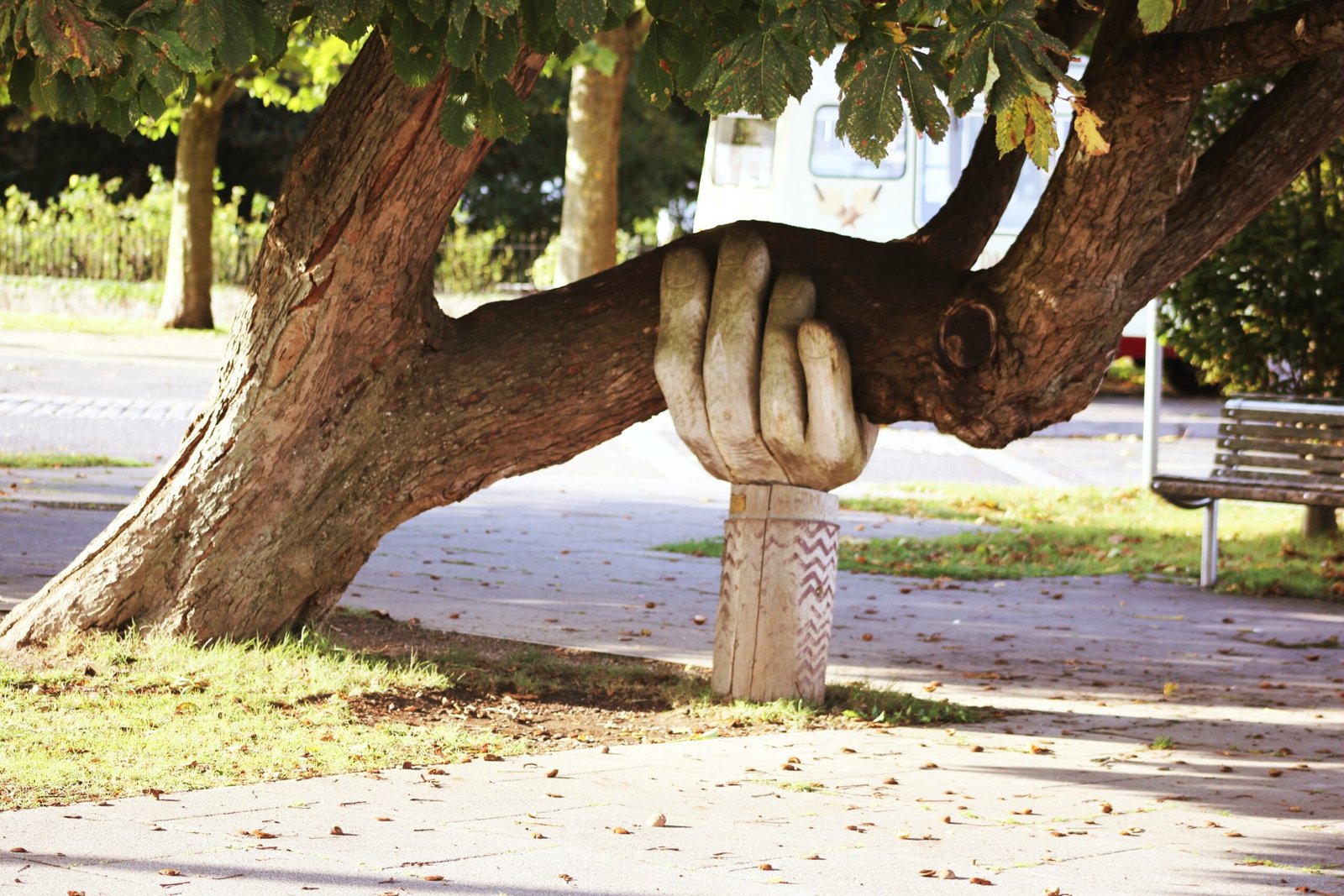Introduction
Welcome to our comprehensive guide on how to support and cope with a paranoid delusional spouse. Living with a partner who experiences paranoid delusions can be challenging, both emotionally and practically. In this blog post, we will provide you with practical tips, strategies, and insights to help you navigate this difficult situation and maintain a healthy and supportive relationship.
Understanding Paranoid Delusions
Before we dive into coping strategies, it’s essential to understand what paranoid delusions are. Paranoid delusions are false beliefs that an individual holds despite evidence to the contrary. These beliefs are often characterized by extreme suspicion, mistrust, and fear. They can significantly impact the individual’s perception of reality and their interactions with others.
Living with a paranoid delusional spouse requires patience, empathy, and a deep understanding of their condition. Let’s explore some strategies that can help you provide the support and care your partner needs.
1. Educate Yourself
One of the most crucial steps in coping with a paranoid delusional spouse is to educate yourself about their condition. Learn about the symptoms, causes, and treatment options for paranoid delusions. Understanding the underlying factors can help you approach your partner’s experiences with empathy and compassion.
2. Communicate Openly and Honestly
Effective communication is key to maintaining a healthy relationship. When discussing your spouse’s delusions, it’s important to listen attentively, validate their feelings, and avoid dismissing their experiences. Create a safe space for open and honest conversations, allowing your partner to express their fears and concerns without judgment.
3. Seek Professional Help
While your support is invaluable, it’s essential to involve mental health professionals in your spouse’s treatment plan. Encourage your partner to seek therapy or counseling. A qualified professional can provide the necessary guidance, medication, and coping strategies to help manage their delusions effectively.
4. Establish a Routine
Creating a structured routine can help provide stability and predictability for both you and your spouse. Stick to regular meal times, sleep schedules, and daily activities. Consistency can help reduce anxiety and provide a sense of security for your partner.
5. Encourage Healthy Coping Mechanisms
Support your spouse in finding healthy ways to cope with their delusions. Encourage activities such as exercise, meditation, and engaging hobbies that promote relaxation and well-being. These activities can help reduce stress and improve overall mental health.
6. Set Boundaries
While it’s important to be supportive, it’s equally crucial to set healthy boundaries. Recognize when your partner’s delusions are affecting your well-being and establish limits to protect yourself. Communicate these boundaries openly and respectfully, ensuring that your needs are also being met.
7. Connect with Support Networks
Seeking support from others who are going through similar experiences can be incredibly beneficial. Connect with support groups or online communities where you can share your challenges, gain insights, and receive support from individuals who understand what you’re going through.
8. Practice Self-Care
Caring for a paranoid delusional spouse can be emotionally draining. It’s crucial to prioritize your own well-being and practice self-care. Engage in activities that bring you joy, practice relaxation techniques, and seek support from friends and family.
9. Be Patient and Understanding
Living with a paranoid delusional spouse requires immense patience and understanding. Remember that their delusions are not a choice, and they may struggle with their own internal battles. Approach each day with empathy and compassion, and celebrate small victories together.
10. Seek Help for Yourself
Supporting a paranoid delusional spouse can take a toll on your mental health. Don’t hesitate to seek therapy or counseling for yourself. A professional can help you navigate your emotions, provide guidance, and equip you with additional coping strategies.
FAQs
Q: Can paranoid delusions be cured?
A: While there is no cure for paranoid delusions, they can be effectively managed with the help of therapy, medication, and support.
Q: How can I differentiate between delusions and reality?
A: It can be challenging to differentiate between delusions and reality. Consulting a mental health professional can provide you with the necessary guidance to navigate this distinction.
Q: What should I do if my spouse refuses to seek professional help?
A: Encourage open and honest conversations about the benefits of seeking professional help. If your spouse remains resistant, consider consulting a mental health professional yourself for guidance on how to proceed.
Q: Can stress exacerbate paranoid delusions?
A: Yes, stress can worsen paranoid delusions. Implement stress management techniques and create a supportive environment to minimize stress levels.
Q: How can I help my spouse during a delusional episode?
A: Remain calm, validate their feelings, and avoid arguing or trying to convince them that their delusions are false. Offer reassurance and encourage them to seek professional help.
Tips
- Stay informed about the latest research and treatment options for paranoid delusions.
- Be patient, as recovery from paranoid delusions can be a gradual process.
- Practice active listening and validate your spouse’s emotions.
- Encourage your spouse to engage in social activities to combat isolation.
- Take care of your own mental and physical health.
Conclusion
Coping with a paranoid delusional spouse can be challenging, but with the right strategies and support, it is possible to maintain a healthy and fulfilling relationship. Educate yourself, communicate openly, seek professional help, and prioritize self-care. Remember, you are not alone in this journey, and there are resources available to assist you every step of the way. Together, you can navigate the complexities of paranoid delusions and build a stronger bond.
If you found this guide helpful, please consider sharing it with others who may benefit from this information. Together, we can create a supportive community for individuals living with paranoid delusions and their loved ones.









